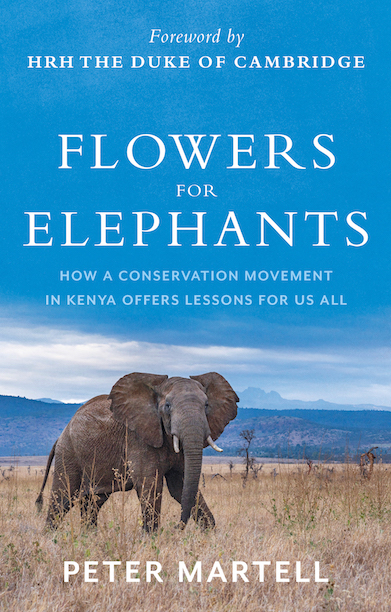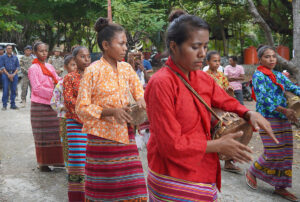A new book called Flowers for Elephants by Peter Martell tells the stories of communities fighting climate change and poaching, while at the same time saving their livelihoods and wildlife.
The book includes Blue Ventures’ journey from conservation to putting small-scale fishers first in Madagascar. It tells the story of how a test case of an octopus closure led to strengthening and uniting communities. The success of the closure was proof that community action could make a change. Once word got out, other communities in Madagascar wanted to replicate this approach.
‘We were the very first to do the octopus closures,’ said Bridgit Finy, a fisherwoman from Andavadoaka. ‘When others saw how well it worked, everyone around Madagascar decided to copy what we did.’ (from Flowers for Elephants, page 251)
The book continues to talk about how this approach spread beyond Madagascar and was adopted in countries across the Indian Ocean, adapting to the different environments and conditions in each new place. The ripple caused by the example of one small sighing closure spread wide. ‘A handful of fishing villages taking action sparked a marine conservation revolution for hundred of thousands of people,’ Alasdair Harris said (from Flowers for Elephants, page 252).
Read more about Blue Ventures’ work and partners in Madagascar
Find out how the methods used in Madagascar spread to the community of Pate in Kenya and are now spreading further still, in our blog: An exchange visit to Pate Island, Lamu Archipelago – inspiring change in community-led fisheries and conservation























